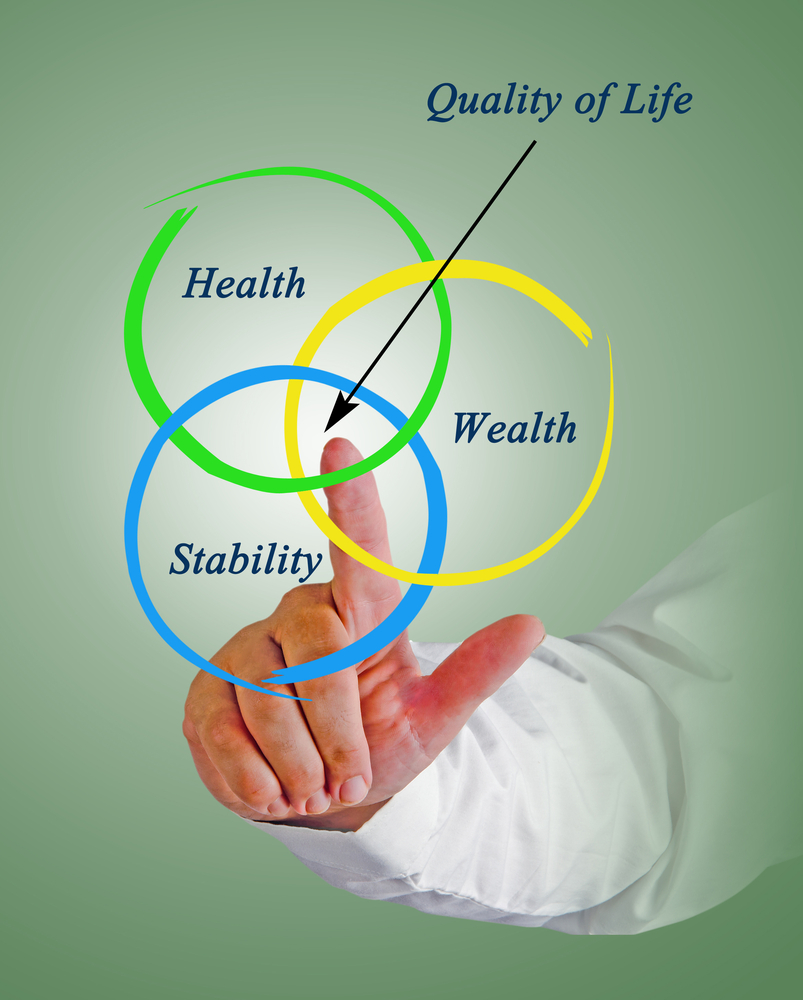Here are some of the responses I received:
"A quality life is where an individual has some semblance of enjoyment, plesure in daily living. Where an individual has no hope of a better life, a child who will endure years of suffering simply to survive has no quality of life."
"able to physically and mentally do everything for yourself"
Any living being capable of achieving happiness."
"being surrounded by your family not matter how bad life is keep a better belief and always stick to god."
So if a life was crippling, painful, and unbearable, should it be forced to be continued with palliative care?
I don't think anyone should be forced. I think euthanasia should be available for everyone suffering from an incurable disease/illness that restricts them from experiencing a quality life.
One point to make is that end-of-life treatment for people who are terminally ill is extremely expensive. According to this article, the end-of-life care for a single individual at the end of their life costs an estimated $39000. That price doesn't ensure a quality life. That price gives the terminal patient a set amount of days to simply survive.
The definition of a quality life is different for everyone. But if I was in constant pain, had to make several hospital trips, and knew I was going to die soon, I would prefer to have the option of euthanasia because that doesn't sound like a quality life to me.
-Alexis


